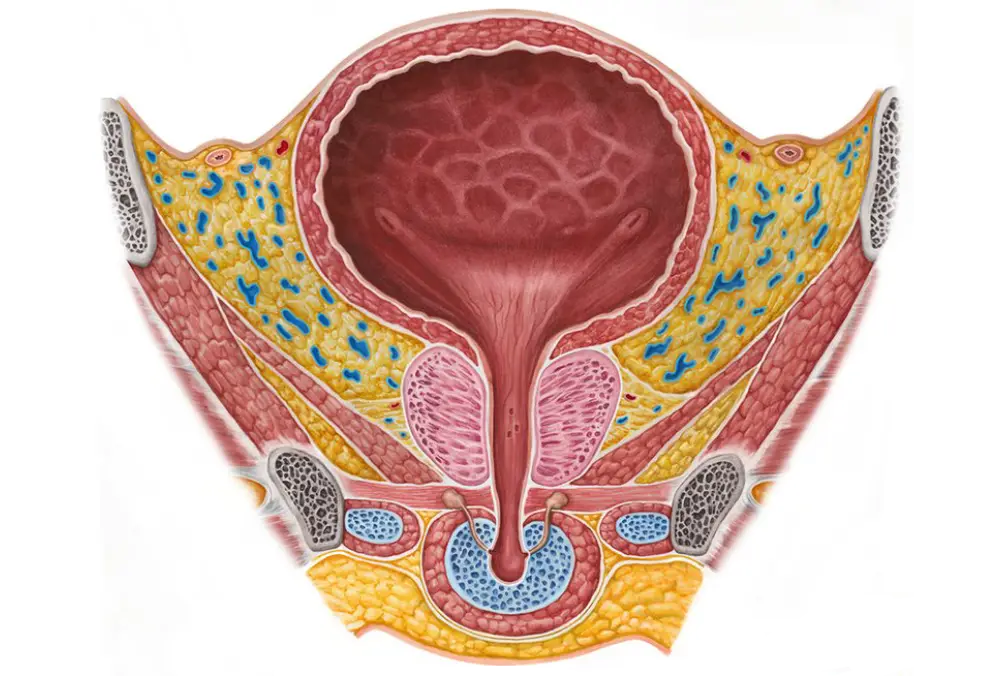Urinary bladder
Overview
The urinary bladder is a flexible, muscular organ in the pelvis that stores urine produced by the kidneys. It expands to hold up to 400-600 milliliters of urine and contracts to expel it through the urethra during urination. The bladder’s lining, composed of transitional epithelium, can stretch to accommodate varying volumes. Urination involves both involuntary control by the internal sphincter and voluntary control by the external sphincter. Common issues include infections, incontinence, and bladder cancer.
What are the types of Urinary bladder?
The term “types of urinary bladder” can refer to different conditions or classifications related to the bladder, rather than distinct types of the organ itself. Here are some categories to consider:


